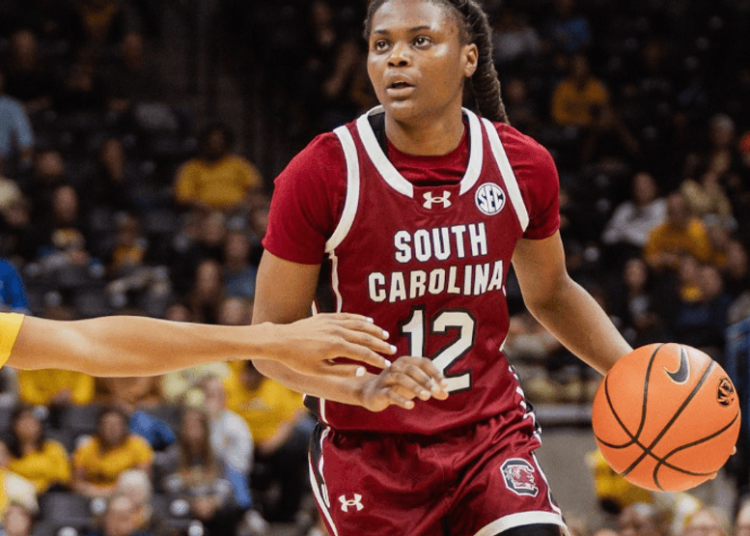Milaysia Fulwiley arrived at South Carolina as one of the most anticipated recruits in women’s college basketball. Known for her dynamic scoring, flashy handles, and electric court vision, she embodies the new era of the sport. But as her freshman season unfolds, questions are beginning to arise: Is South Carolina truly the best place for her to maximize her potential, or would a different system better showcase her talents?
South Carolina’s System: Strength and Limitations
Head coach Dawn Staley has built a powerhouse at South Carolina, leaning on physicality, defensive grit, and an inside-out game anchored by dominant post players. This system has produced national championships and developed WNBA talent. However, it’s also a structure that can stifle guards who thrive in up-tempo, free-flowing offenses.
Fulwiley’s game is about creativity and rhythm. She excels when given the freedom to read defenses on the fly and make spontaneous decisions. Yet, at South Carolina, she’s tasked with more structured sets and disciplined execution, which at times feels restrictive. As a result, Fulwiley’s statistics—while respectable—aren’t reflecting her true ability. Fans have noted her seeming discomfort within the rigid playstyle, and critics wonder if her flair for improvisation is being muted.
Would Another Program Fit Better?
Across the college basketball landscape, several programs could unlock Fulwiley’s full potential:
- Oregon Ducks: Known for their fast-paced, guard-friendly style under Kelly Graves, the Ducks would allow Fulwiley to thrive as a scoring point guard. Sabrina Ionescu flourished in a similar environment, and Fulwiley’s game mirrors that versatility.
- UConn Huskies: Geno Auriemma’s system emphasizes guard play and spacing. Fulwiley could follow in the footsteps of past greats, utilizing her scoring touch while still being pushed to develop defensively.
- Louisville Cardinals: Jeff Walz’s offensive schemes would give her plenty of room to create while maintaining competitiveness at a high level. The Cardinals often feature guards who can play both on and off the ball, complementing Fulwiley’s style.
- Iowa Hawkeyes: Under Lisa Bluder, Iowa’s offensive creativity and guard-centric approach—especially after Caitlin Clark—would fit Fulwiley’s desire to dominate the ball and put up big numbers.
The Case for Staying at South Carolina
Leaving a program like South Carolina is not without risk. Dawn Staley is one of the best in the business, and her reputation for developing professional talent is well-established. Even if Fulwiley’s numbers don’t immediately soar, the long-term development—particularly in terms of defense and leadership—could pay dividends in her professional career.
Moreover, South Carolina’s success on the national stage guarantees exposure, and there’s something to be said for playing within a team-oriented system that fosters resilience and well-rounded skill sets.
What Does Milaysia Want?
Ultimately, the decision rests on Fulwiley’s aspirations. If her primary goal is to reach the WNBA as a top pick, remaining at South Carolina could be beneficial given Staley’s track record. But if she wants to be a transcendent college player, someone whose game captivates fans and fills highlight reels, finding a more flexible system might be necessary.
There’s also the intangible factor of loyalty and comfort. Leaving home, adjusting to new teammates and coaches, and re-establishing her brand at another school is a daunting prospect. Sometimes, growth happens not by changing environments but by adapting and finding one’s niche within a challenging system.
Conclusion: Weighing the Options
The decision for Milaysia Fulwiley boils down to what she values most: development under a proven coach at South Carolina or personal expression and statistical dominance elsewhere. Both paths have merit, and neither is without challenges.
Staying at South Carolina might mean sacrificing some personal glory for the sake of development and team success. Transferring could open up opportunities to showcase her full repertoire but also comes with uncertainty. Regardless of her choice, Fulwiley’s talent is undeniable. Whether she stays or goes, she’ll remain one of the most exciting prospects in women’s college basketball.














